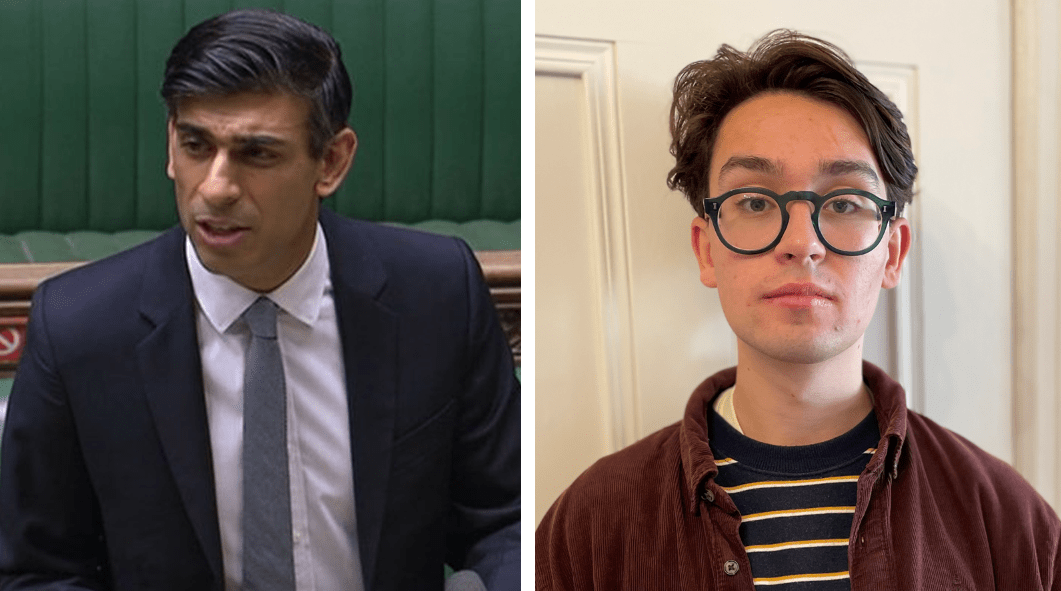In saying “we are deliberately not just giving support to people on benefits”, chancellor Rishi Sunak suggested his response to the energy price cap rise recognised the needs of the people who will be hardest hit by spiralling costs. This is far from the truth.
Support through delayed loans and council tax rebates are neither an effective way to target, nor quickly reach, people on the lowest incomes for whom essential costs are already unaffordable and set to get worse.
There are several ways in which people at the centre of the cost-of-living crisis, on the lowest incomes, may lose out due to the government’s focus on council tax. People on low incomes living in higher band properties (often areas with high-cost housing like London), will miss out on automatic support altogether. Instead, they must rely on local authorities distributing part of a new £144 million discretionary pot. When local authorities are already facing stretched budgets and limited administrative capacity, this could easily lead to people slipping through the cracks.
For some people in the private rented sector, a person’s landlord is responsible for the payment of their council tax bill, which could mean that that they won’t see the benefit of the council tax rebate in their bank account.
And basing support on the council tax band of a person’s home – bands which are based on property evaluations from the 1990s – will mean many who are struggling most to cover household bills will miss out, while others who might be able to weather the costs will gain.
That is before we get to the £200 loan for energy bills, which won’t be seen until the autumn. Taken together, this simply is not a just or sufficient response to support people who may already be struggling to afford the essentials we all need to eat, stay warm and dry, and keep clean.










